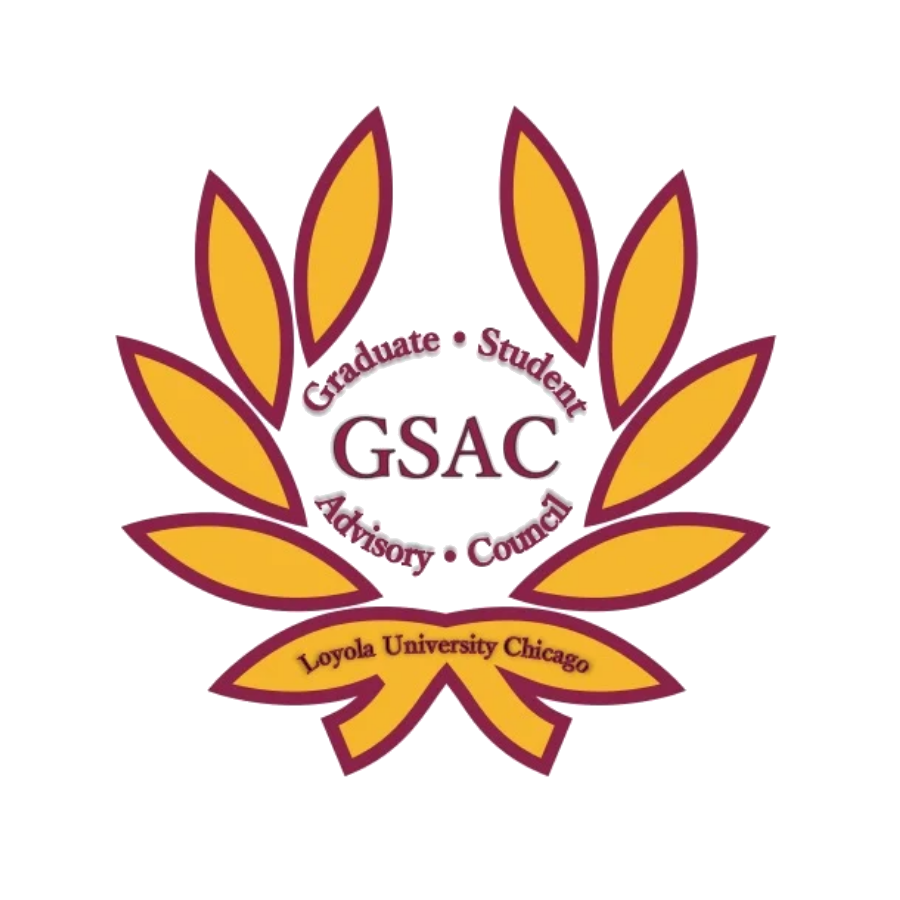A Place at the Table”: How Inclusive Group Coaching Fosters Confidence in Math Teaching and Increases Collaboration for Lead and Assistant Head Start Teachers
Submission Type
Oral/Paper Presentation
Degree Type
PhD
Discipline
Social Sciences
Department
Education
Access Type
Open Access
Abstract or Description
Assistant teachers are integral members of early childhood classroom teaching teams, but they are often left out of professional development initiatives that only include lead teachers. This mixed-methods study on the impact of math content-focused coaching in Head Start discovered an unanticipated outcome of improved collaboration between co-teachers after 6 workshops and 5 cycles of inclusive group coaching (planning, lesson, and reflecting). Examples of evidence of collaboration found in qualitative results include: (a) co-constructing understanding of workshop content, (b) deciding how to adapt lessons together, (c) observing co-teachers and learning from each other’s successes and challenges, (d) knowing how to assess children’s learning in the moment while the other is leading a lesson, and (e) benefitting from group momentum to try new teaching strategies and persist through struggles with support from colleagues. According to a quantitative measure, participants in both roles also increased their confidence in teaching early math. This is attributed to an emphasis on planning that included (a) attending to teachers’ pedagogical content knowledge for math teaching and (b) rehearsing language and anticipating student responses through group role-play. Implications call for reconceptualizing coaching in education beyond the usual dyad to include all adults working together with children in preschool classrooms.
Creative Commons License

This work is licensed under a Creative Commons Attribution-Noncommercial-No Derivative Works 3.0 License.
A Place at the Table”: How Inclusive Group Coaching Fosters Confidence in Math Teaching and Increases Collaboration for Lead and Assistant Head Start Teachers
Assistant teachers are integral members of early childhood classroom teaching teams, but they are often left out of professional development initiatives that only include lead teachers. This mixed-methods study on the impact of math content-focused coaching in Head Start discovered an unanticipated outcome of improved collaboration between co-teachers after 6 workshops and 5 cycles of inclusive group coaching (planning, lesson, and reflecting). Examples of evidence of collaboration found in qualitative results include: (a) co-constructing understanding of workshop content, (b) deciding how to adapt lessons together, (c) observing co-teachers and learning from each other’s successes and challenges, (d) knowing how to assess children’s learning in the moment while the other is leading a lesson, and (e) benefitting from group momentum to try new teaching strategies and persist through struggles with support from colleagues. According to a quantitative measure, participants in both roles also increased their confidence in teaching early math. This is attributed to an emphasis on planning that included (a) attending to teachers’ pedagogical content knowledge for math teaching and (b) rehearsing language and anticipating student responses through group role-play. Implications call for reconceptualizing coaching in education beyond the usual dyad to include all adults working together with children in preschool classrooms.



